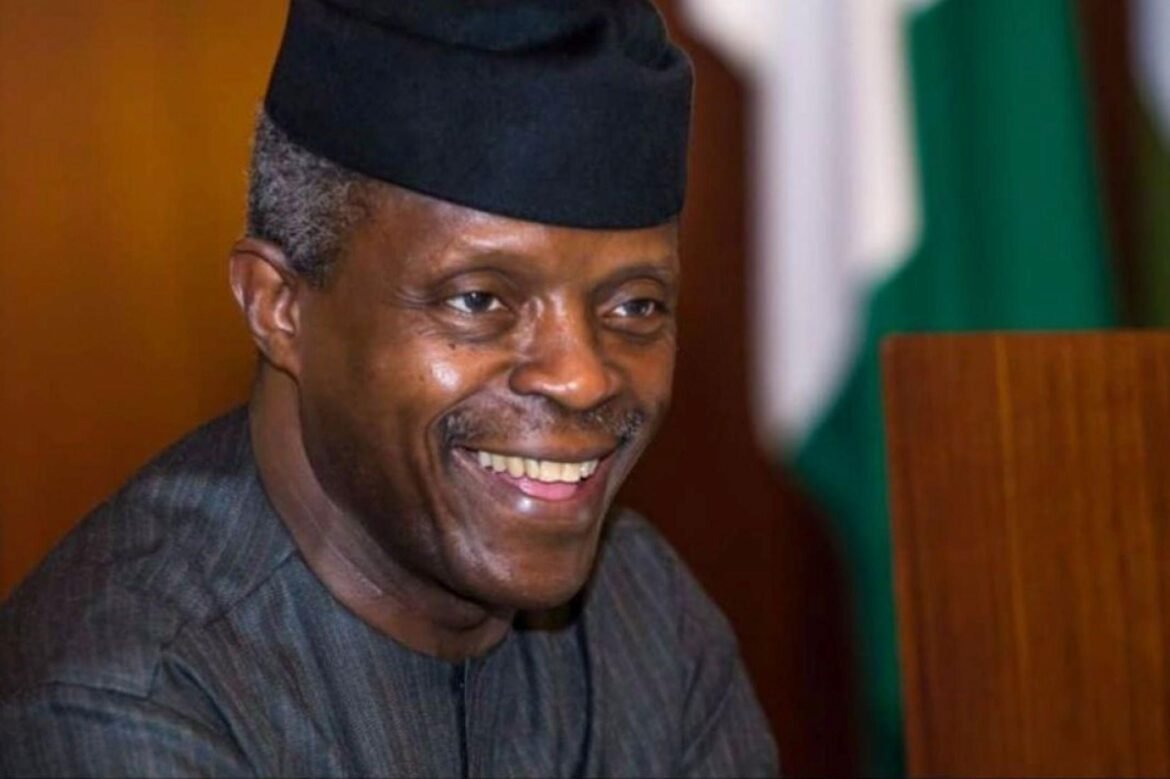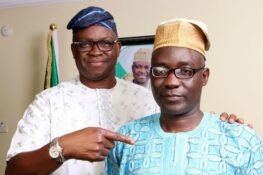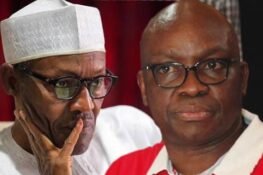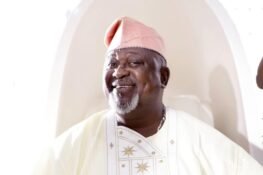The National Council on Skills chaired by Vice President Yemi Osinbajo has begun efforts towards bridging the skills gap between graduates of tertiary institutions and the labour market.
Governor Abudullahi Ganduje of Kano State, made this known while briefing State House correspondents after a meeting of the council on Monday at the Presidential Villa, Abuja.
The governor said that the council received memos after which members were asked to study them and and return with recommendations in two weeks.
“The meeting is on skills acquisition among our people in Nigeria; to develop our manpower because we observed that there is a missing link; there is a gap between our university graduates and the employability of those graduates in the market as of today.
“So, in order to fill that gap, there must be some discussions on how to have functional skills acquisition centres all over the country and those skill acquisition centres that are down or virtually dead must be put is into use.
“But in order to do that, there must be a framework of that.
“So, basically, the meeting is to fill the gap that is existing between the university curriculum or tertiary institution curriculum and what is obtained in the labour market.
“There are recommendations; some memos were presented and we are requested to go and study the memo come back in two weeks time and make some recommendations,” he said.
The Federal Executive Council(FEC) had on Oct. 27, approved the draft National Policy on Welding designed to equip small and medium scale industries with necessary skills.
(NAN)








